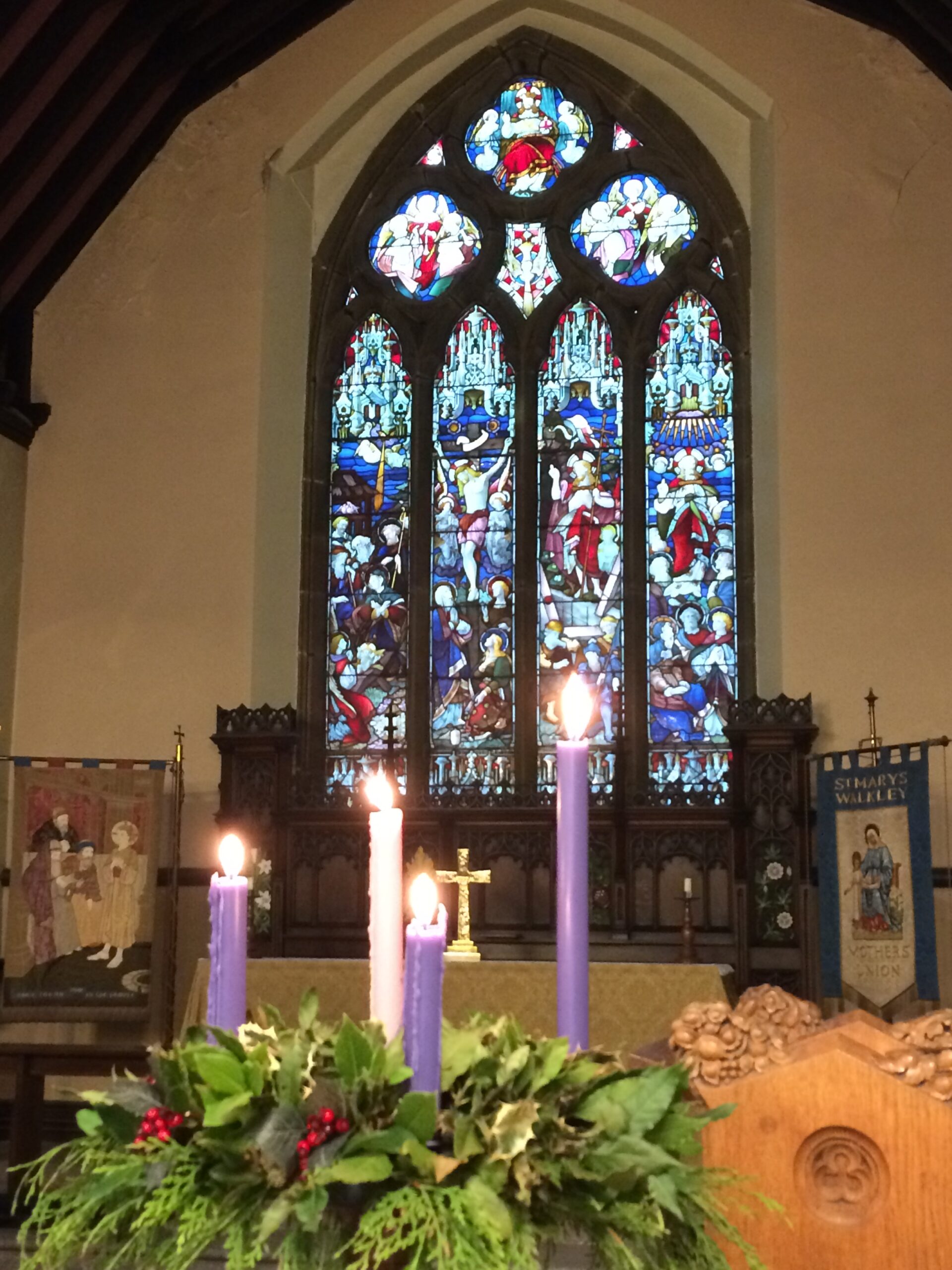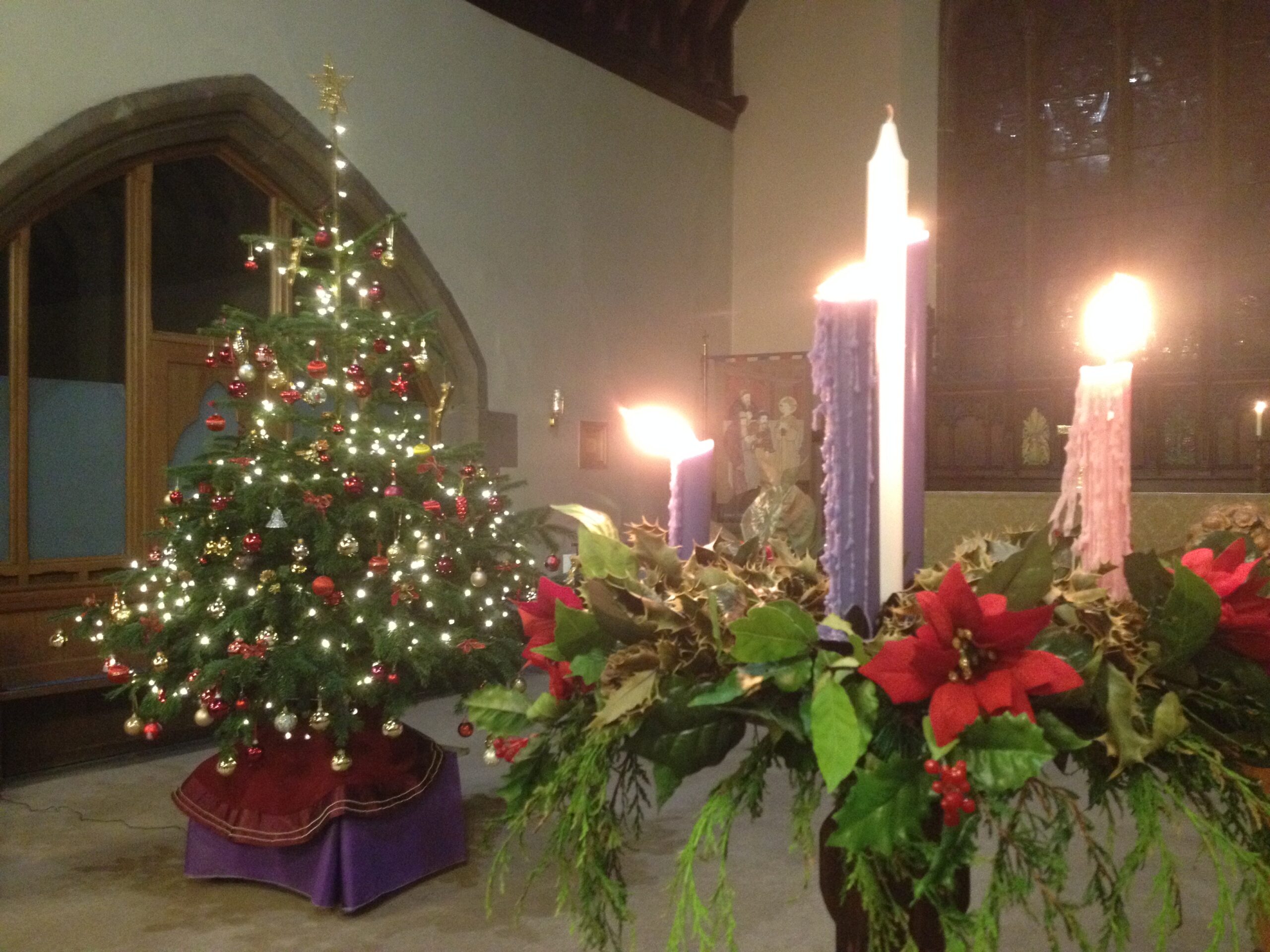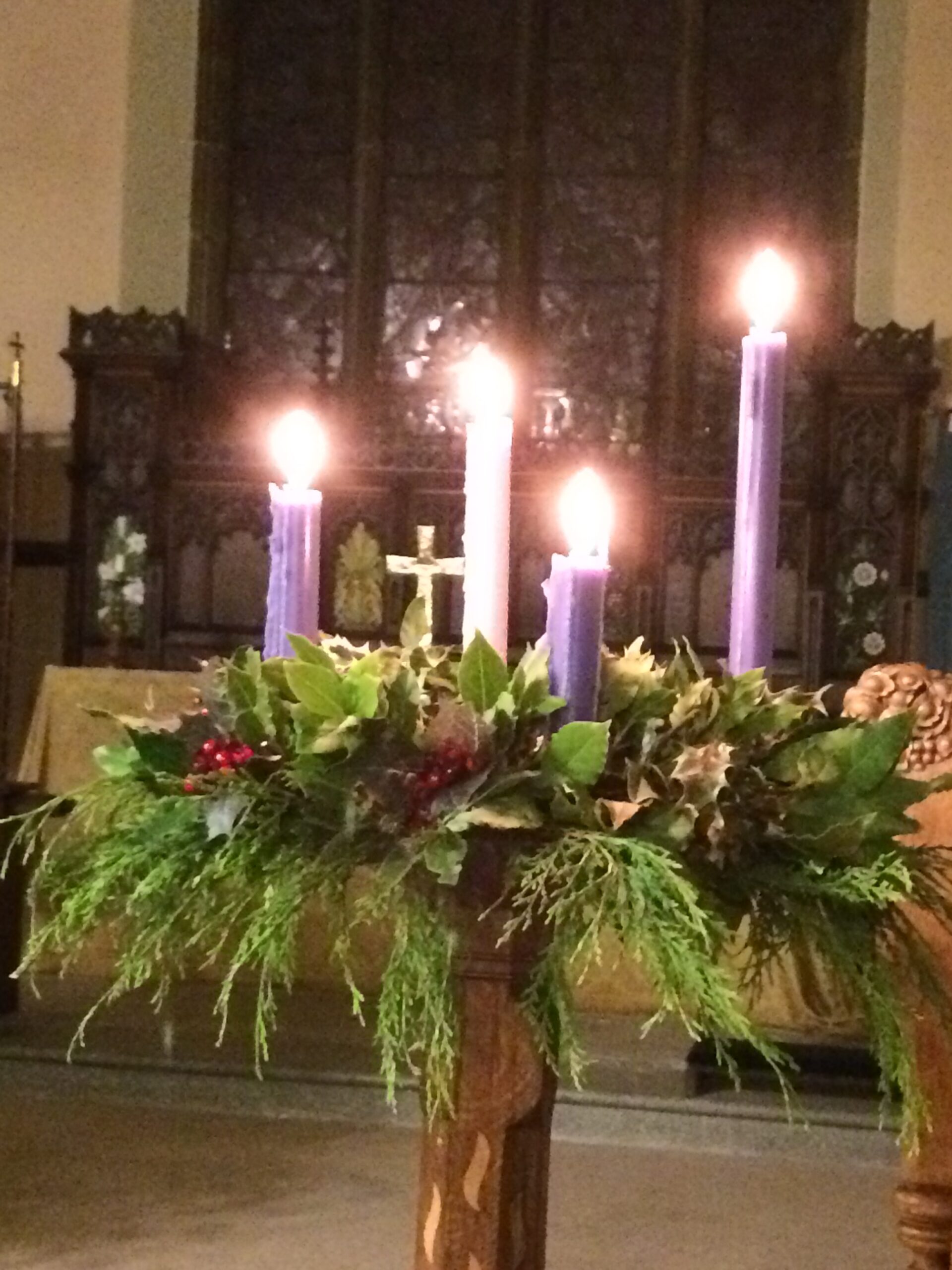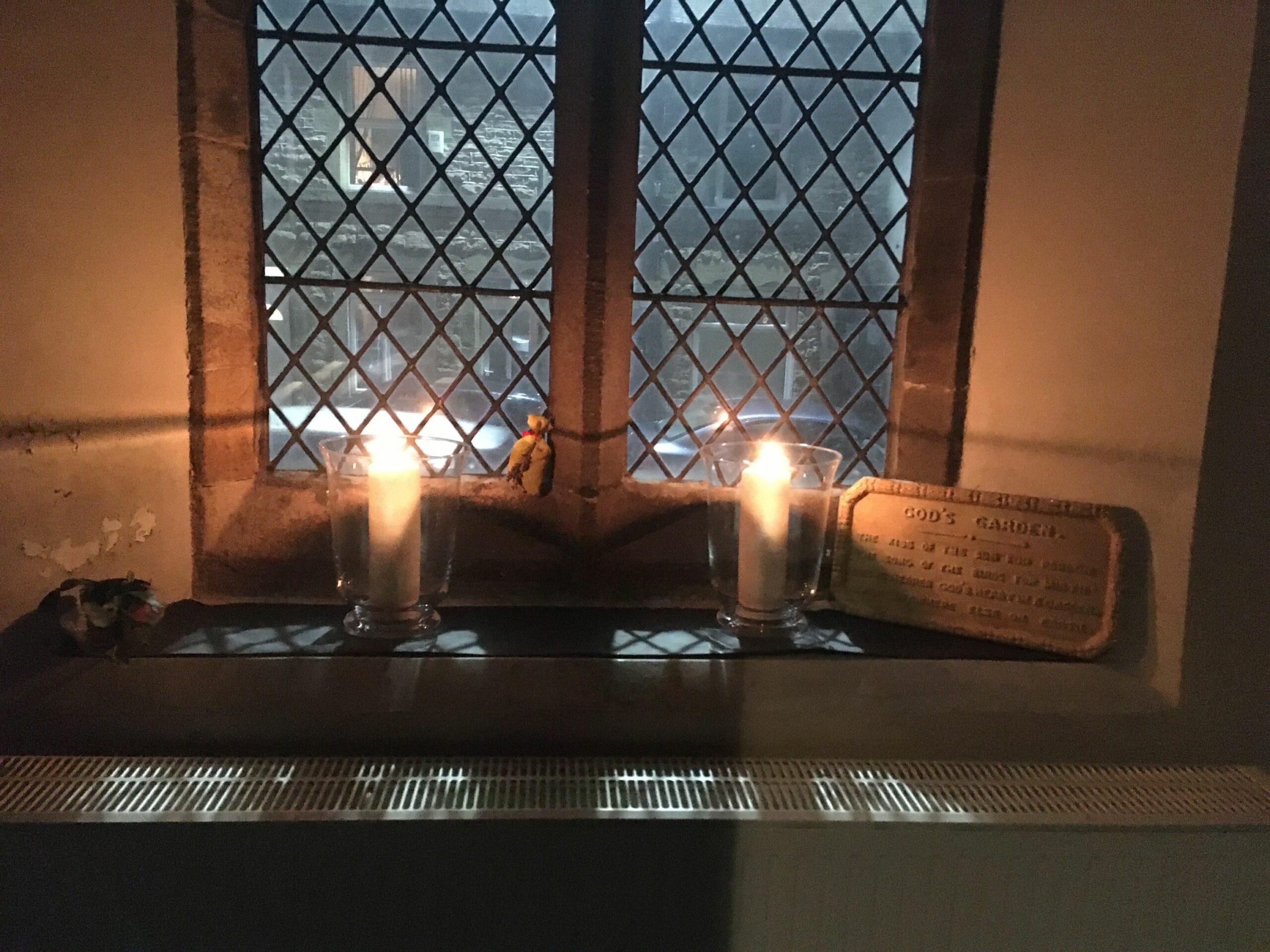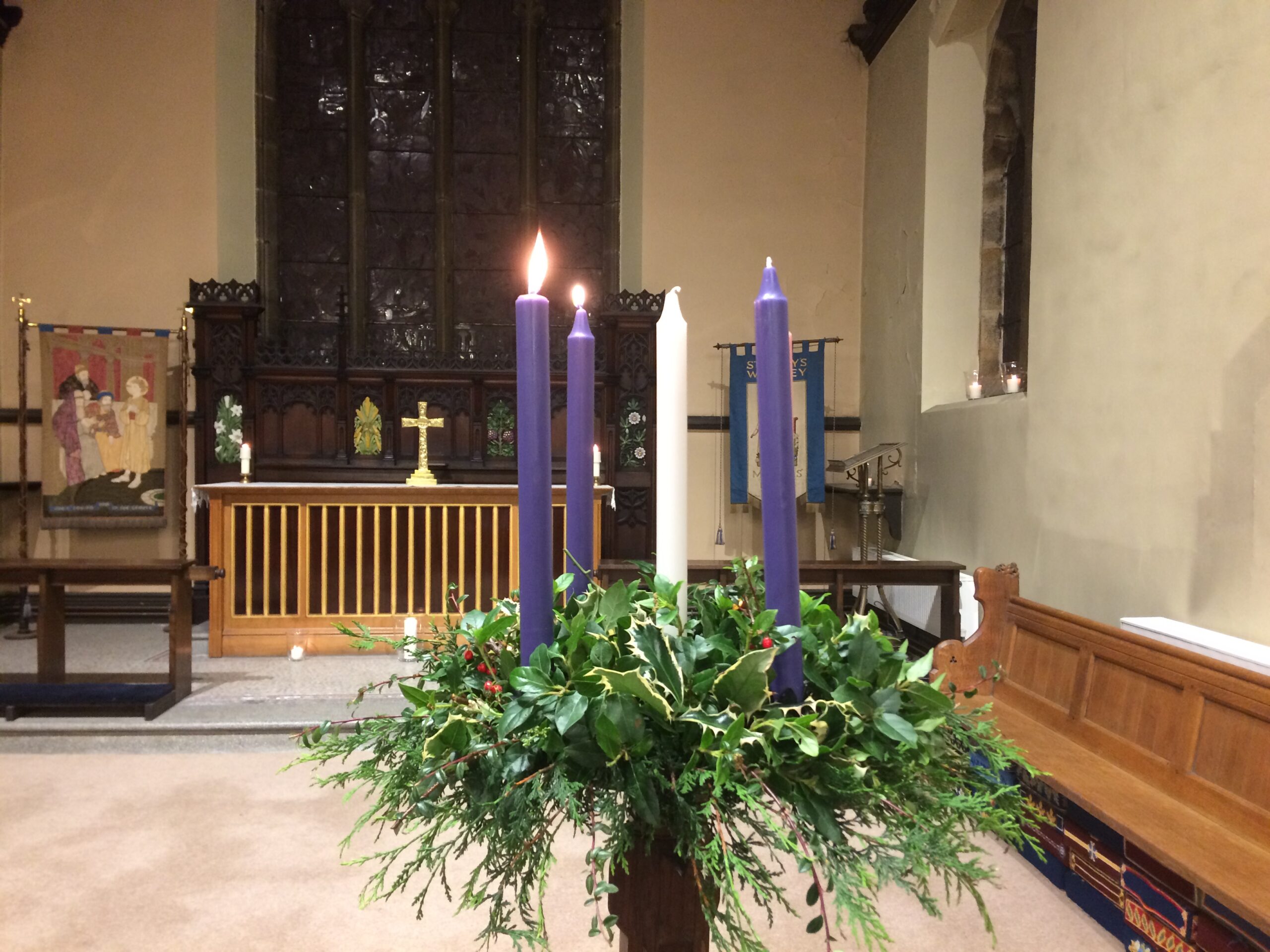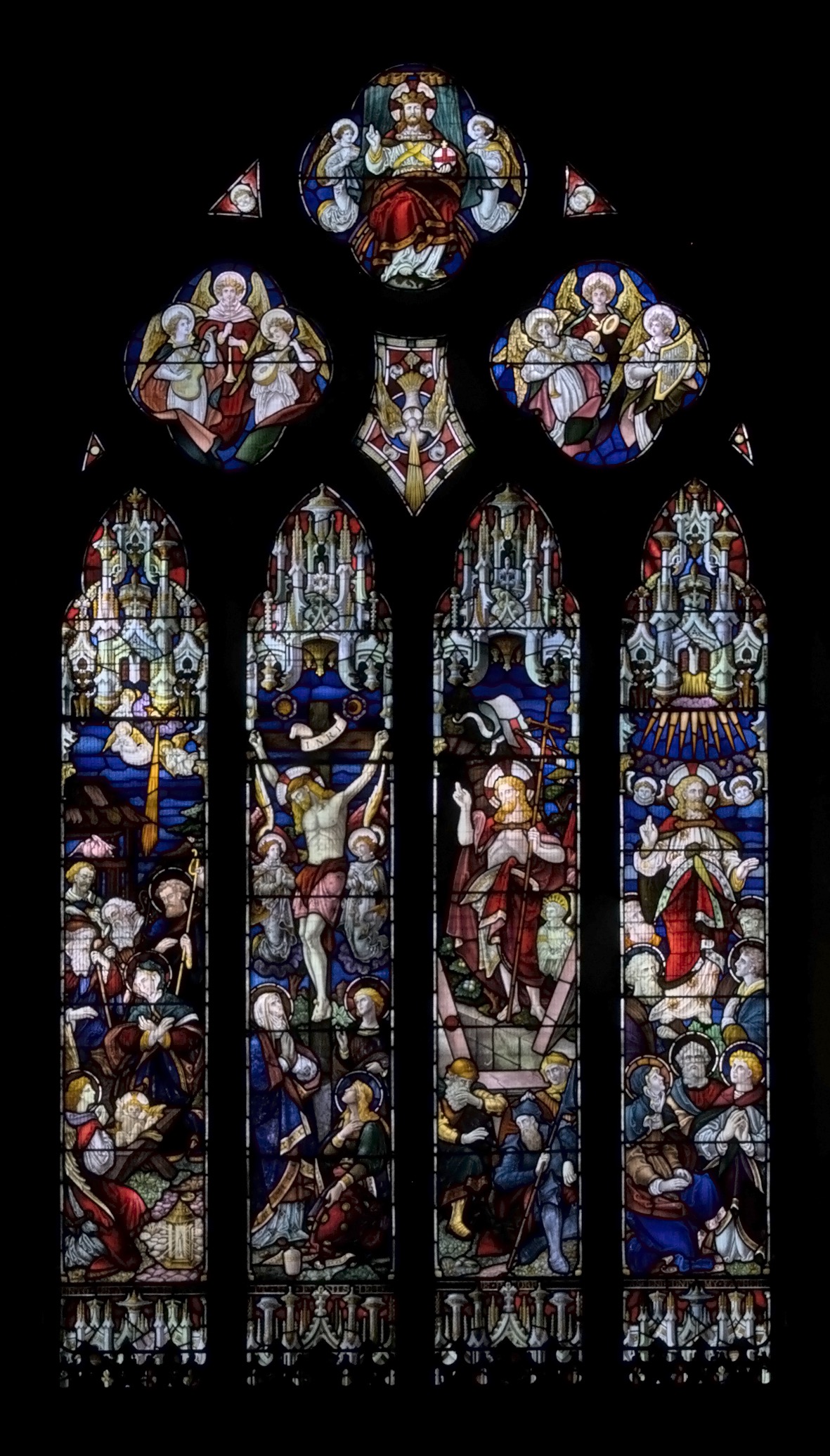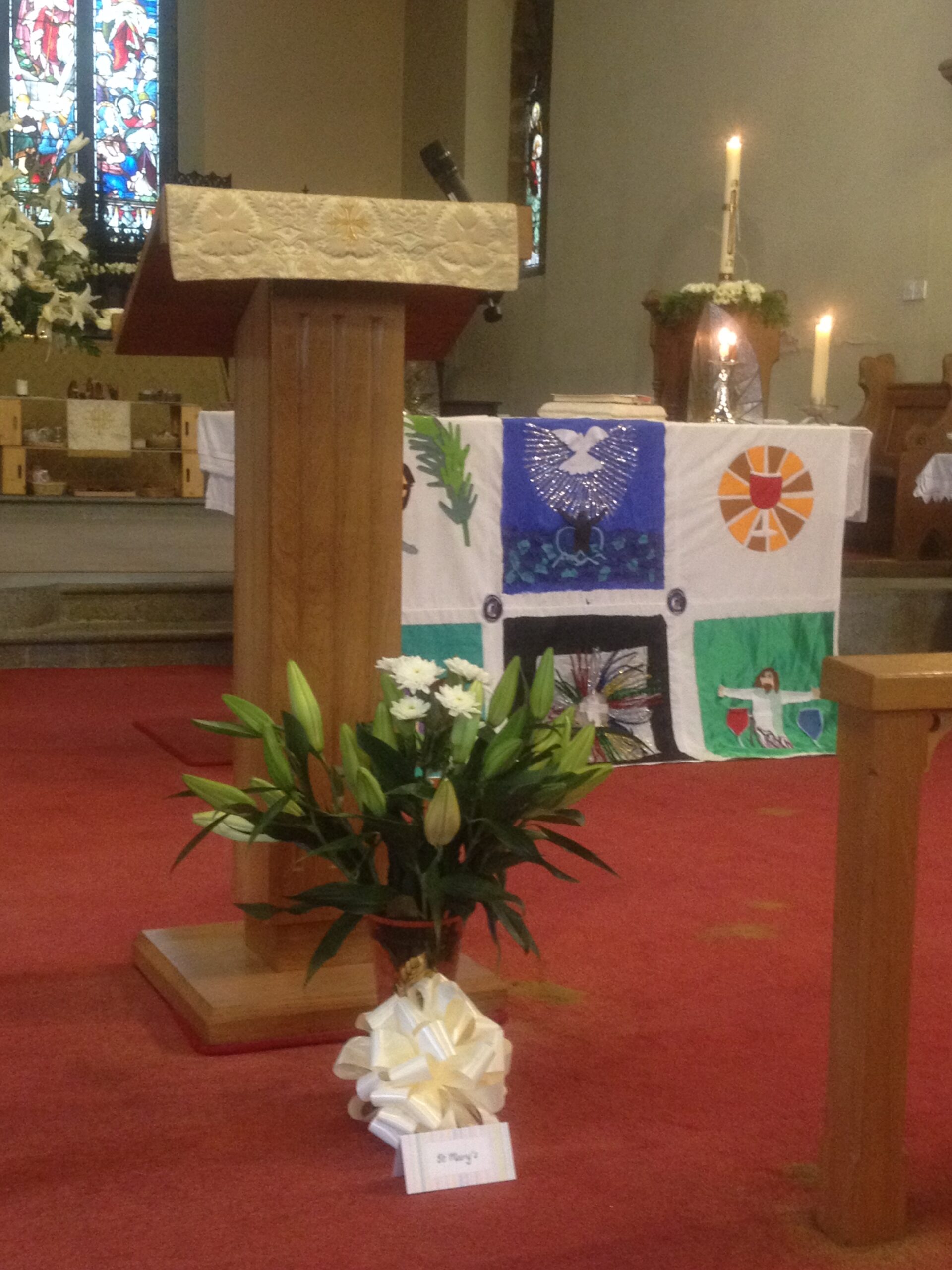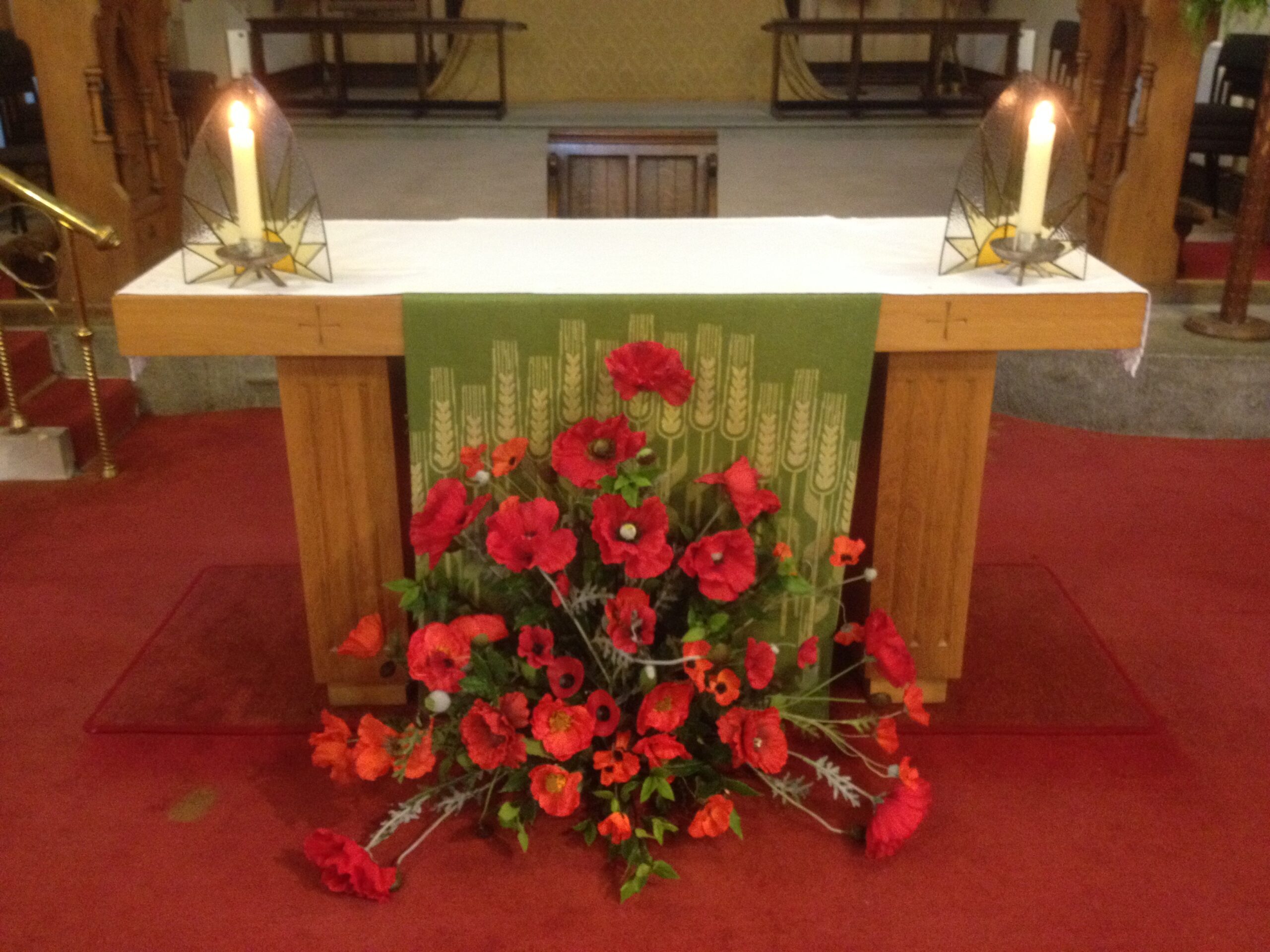
24th December 2023 Christingle service:
Watch this week's service on YouTube
Download the order of service here: 23 12 24 Christingle
Read this week's Church News
The Readings
Luke 2. 1 - 20
In those days a decree went out from Emperor Augustus that all the world should be registered. This was the first registration and was taken while Quirinius was governor of Syria. All went to their own towns to be registered. Joseph also went from the town of Nazareth in Galilee to Judea, to the city of David called Bethlehem, because he was descended from the house and family of David. He went to be registered with Mary, to whom he was engaged and who was expecting a child. While they were there, the time came for her to deliver her child. And she gave birth to her firstborn son and wrapped him in bands of cloth, and laid him in a manger, because there was no place for them in the inn.
In that region there were shepherds living in the fields, keeping watch over their flock by night. Then an angel of the Lord stood before them, and the glory of the Lord shone around them, and they were terrified. But the angel said to them, ‘Do not be afraid; for see—I am bringing you good news of great joy for all the people: to you is born this day in the city of David a Saviour, who is the Messiah, the Lord. This will be a sign for you: you will find a child wrapped in bands of cloth and lying in a manger.’ And suddenly there was with the angel a multitude of the heavenly host, praising God and saying,
‘Glory to God in the highest heaven,
and on earth peace among those whom he favours!’
When the angels had left them and gone into heaven, the shepherds said to one another, ‘Let us go now to Bethlehem and see this thing that has taken place, which the Lord has made known to us.’ So they went with haste and found Mary and Joseph, and the child lying in the manger. When they saw this, they made known what had been told them about this child; and all who heard it were amazed at what the shepherds told them. But Mary treasured all these words and pondered them in her heart. The shepherds returned, glorifying and praising God for all they had heard and seen, as it had been told them.
Scripture Quotations are from: New Revised Standard Version Bible: Anglicized Edition, copyright © 1989, 1995 National Council of the Churches of Christ in the United States of America. Used by permission. All rights reserved worldwide. http://nrsvbibles.org
The Sermon
By the Revd Dr Beth Keith.
To be uploaded shortly.
The Prayers
Prepared by David.
Lord Jesus,
you were born into an ordinary family:
We pray for families everywhere,
especially for families in difficulty or in poverty,
and for families and relationships that are breaking down.
Lord, in your mercy,
Hear our prayer.
Lord Jesus,
your bed was in a manger,
because there was no room at the inn.
We pray for all those who have no home:
those who sleep on the streets,
and all who have lost everything
through violence or disaster.
Lord, in your mercy,
Hear our prayer.
Lord Jesus,
the animals shared their stable with you;
We pray for the earth, and for all living things,
that we might learn to live in peace and harmony with the natural world,
and treat all of creation with honour and respect.
Lord, in your mercy,
Hear our prayer.
Lord Jesus,
you were worshipped and adored by shepherds and kings:
We pray for the people and nations of the world,
and especially for peace and understanding
between different faiths.
You came as the light for the whole world,
so in you may we find that we have more in common
than that which divides us.
Lord, in your mercy,
Hear our prayer.
Lord Jesus, God with us,
we pray for people we know who are in need.
We pray especially for children who are in difficulty,
and for the work of The Children’s Society
in standing up for justice
and bringing light and hope into darkness.
Help us to show to one another
the same faithfulness and love
that you revealed at Bethlehem.
Lord, in your mercy,
Hear our prayer.
Lord Jesus,
you came to be with us on earth
so that we might be with you in heaven:
Keep safely all those who have died.
Lord, in your mercy,
Hear our prayer.
Common Worship: Times and Seasons, material from which is used here is copyright (c) 2010 The Archbishops' Council


